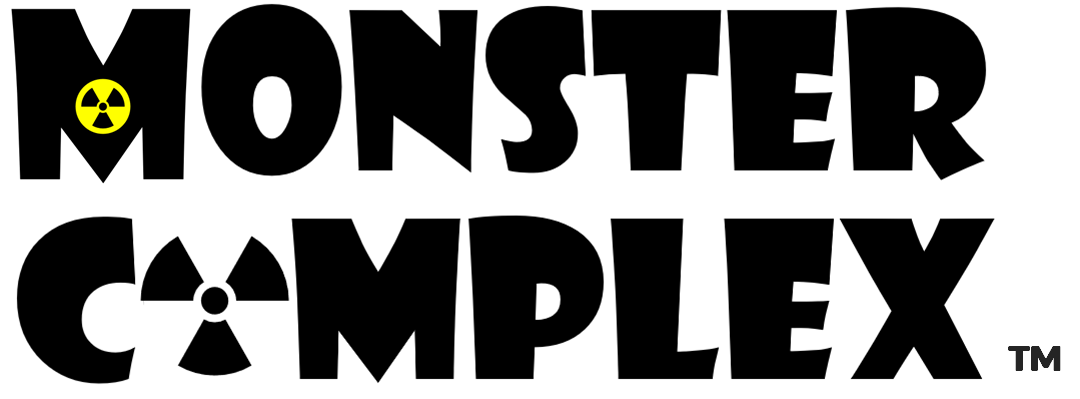Q&A regarding Custom-Writing’s ‘Dehumanization & Monsters in Literature’
When groups of individuals are perceived as monstrous or demonic, it leads to dehumanization.
What makes a society see some categories of people as less than human? Throughout history, we can see how people divided themselves into groups and used violence to discriminate against each other. The folks at Custom-Writing.org have posted the essay “Dehumanization & Monsters in Literature: Types with Examples.” Numerous literary masterpieces explore the meaning of monstrosity and show the dire consequences of dehumanization. This article by Custom-Writing.org explores what monsters represent in literature, delves into the theme of dehumanization, and introduces plenty of examples.
Monster Complex talked with Custom-Writing’s Jack Milgram about the essay.
1. What inspired you (or your team) to write this article?
The article was mostly inspired by Richard Kearney’s book Strangers, Gods and Monsters.
2. What surprised you the most in putting this article together?
Realizing that, oftentimes, the works of literary horror raise more questions than answers, and that monstrosity is such a vast and complex subject that it can be viewed as a microcosm of the human collective unconscious (or even human society in general).
3. What is the purpose of this article? (What do you hope people do with it?)
Well, the purpose of all the articles on our blog is to educate and entertain the readers. In this particular case, we wanted to inspire the audience to read or revisit some of the classic works of gothic horror, such as Frankenstein or Dr. Jekyll and Mr. Hyde and Other Stories, as well as the literary works that talk about dehumanization and serve as so-called cautionary tales. The latter is especially important for teenagers and young adults since their minds are still impressible. Therefore, reading cautionary tales should help them develop their critical thinking skills and empathy.
4. Were there any monsters or monster-story examples that you had to look past because they didn’t fit your theory?
None that I can think of right now.
5. What are your personal favorite examples of monster stories?
Well, I love “Godzilla” and Roger Corman films, but if we’re talking literary works, I love Japanese yōkai stories. Are you familiar with them? I’m also a big Norse mythology fan. Fenrir isn’t the only monster there.
Custom-Writing.org blog is a go-to place for any student, and it doesn’t matter if it’s their first or last year of studying. It contains plenty of useful materials for everyone. Students can find guides on how to improve their writing and academic performance in general, get useful tips on making their study process more efficient, or learn how to deal with particular issues.


